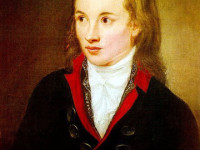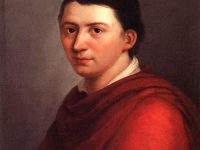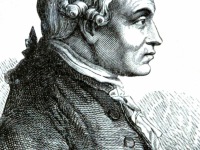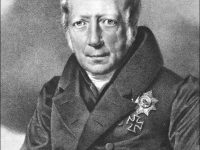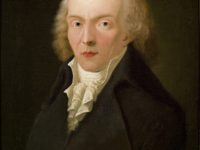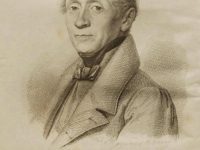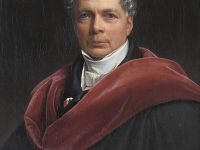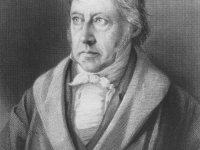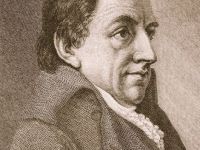Georg Philipp Friedrich von Hardenberg aka Novalis
On March 25, 1801, poet, author, and philosopher of early German Romanticism Georg Philipp Friedrich Freiherr von Hardenberg, better known under his pen name Novalis passed away. In spite of his early death at age 28, Novalis left behind a complex philosophical legacy that encompasses discussions of subjectivity and self-consciousness, issues in epistemology, moral theory, political philosophy, problems of interpretation, philosophy of history, philosophy of religion, the proto-existentialist experience of the finality…
Read more

